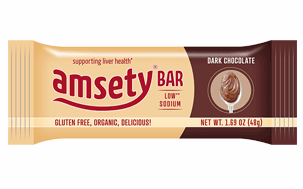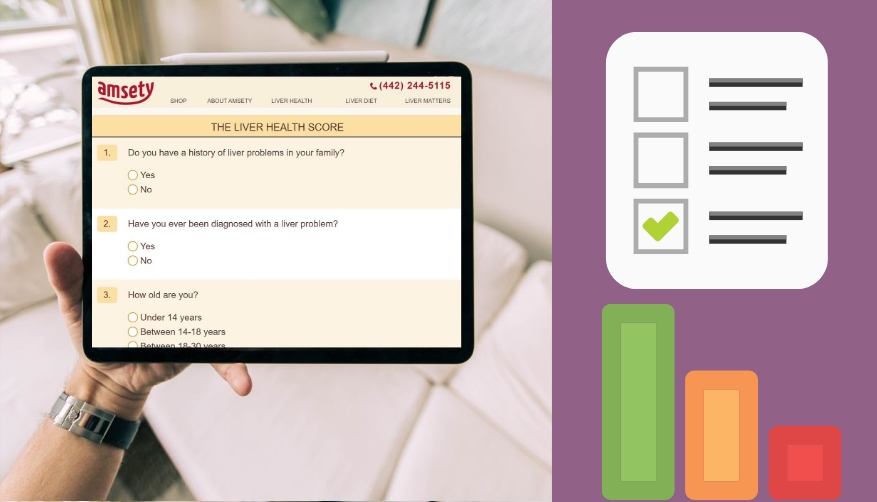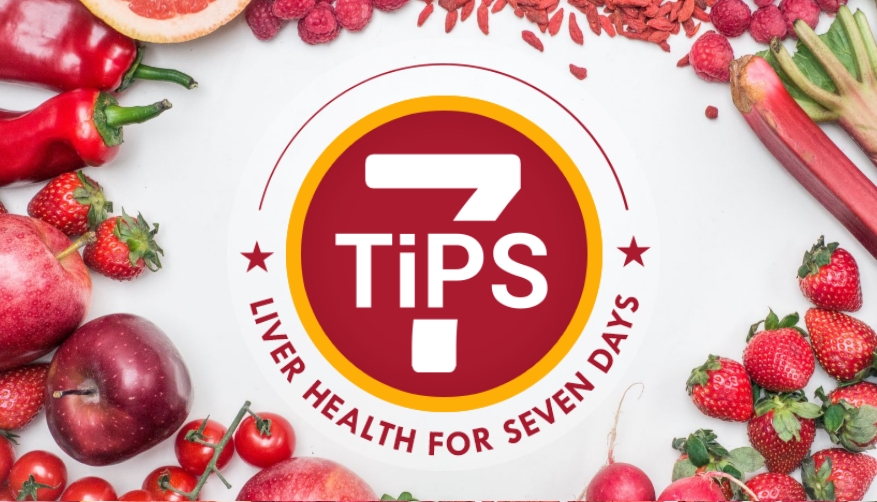How much water you should drink depends on factors like your age, gender, height, weight and fitness level. If you exercise regularly, you should to drink more water than someone who does not. According to an article published in the Health and Wellbeing section of ABC News, men should drink approximately 10 cups of water each day, while women should drink approximately eight cups of water each day. Water makes up almost 70% of your body and acts as the body’s transportation system. Drinking water helps your kidneys flush out toxins from what you eat and drink. When you do not drink enough water, your blood becomes thicker and more difficult to filter. In addition, your kidneys become dehydrated and your liver steps in to perform your kidney’s tasks, neglecting its own, like breaking down fat.
A diet high in fiber and low in sugar, fats and salt will improve your liver health. The US Dietary Guidelines recommends eating at least three ounce-equivalents of whole grains every day. Whole grains, such as whole wheat bread, brown rice, and quinoa are a good source of fiber. Fiber helps to prevent liver problems resulting from high cholesterol, poor fat digestion, as well as inflammation and oxidative stress (the shift in balance between oxidants and antioxidants) in your liver. Avoid grains made with white flour, like white bread, white rice and white pasta. For a healthy on-the-go snack packed with fiber, try Amsety bars. The nutrition bars, beneficial for liver health, come in two delicious flavors: Peanut Butter Superstar and Dark Chocolate Champion.
Contrary to popular belief, certain supplements harm, not help your body. Supplements used to alleviate various health problems can damage your liver, such as vitamin A, vitamin B3 (also known as niacin), green tea extract, red rice yeast (a traditional Chinese medicine said to lower cholesterol), and butterbur (a herb that may help migraines and seasonal allergies). In particular, the herb milk thistle is often advertised to promote liver health, however there are no undisputed scientific studies that prove this conclusion. It is important to remember that most supplements, even if they are natural, contain concentrated doses, and too much of anything is unhealthy. The safest and most effective way to receive proper nutrients is from food, not supplements.
There is great news for coffee enthusiasts: after reviewing more than 1000 studies, the World Health Organization has confirmed that drinking coffee in moderation is beneficial for liver health. Drinking coffee can prevent liver cancer, reduce the risk of liver fibrosis (scarring of the liver) and liver cirrhosis(permanent scarring of the liver), and prevent other liver diseases. The recommended amount of caffeine each day is 400 milligrams, which is the equivalent of four cups of brewed coffee. However, coffee also dehydrates you. For one cup of coffee, you should drink one glass of water in addition to the recommended eight glasses of water a day.
Research has revealed a connection between stress and liver disease. When you are stressed, blood flow is reduced to the area of your brain that controls the liver, which can damage it. Stress can also cause liver inflammation, and the expansion of a group of cells called Natural Killer T (NKT) cells in the liver, contributing to liver cell death and the progression of liver disease. To help control stress and improve your liver health, eat healthy, drink lots of water, exercise and meditate regularly, socialize with positive people, and make time for hobbies that you enjoy.

Discover the first nutrition bars designed to support liver health.
Read more >Take the Liver Health Score to find out how healthy your lifestyle is for your liver. Fill out an easy questionnaire, find out your Liver Health Score, and learn what changes and improvements are yet to be made to your diet and lifestyle to support your liver. Take your Liver Health Score.

How to Lead a Liver-Healthy Diet

7 Essential Rules for Improving Liver Nutrition

Questions To Ask Your Doctor About Your Liver Health Diet
What´s your Liver Health Score?
Find out whether you are leading a livery-health lifestyle

Kitchen Companion Printable
Get a FREE monthly printable with liver health tips for your kitchen.

Related Subjects
Back to top